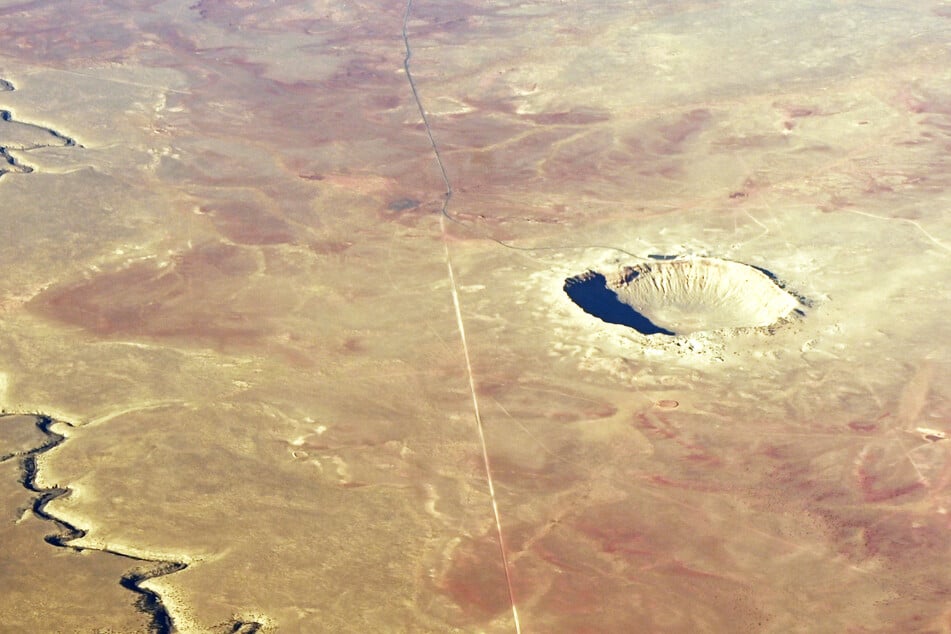Discovery of world's oldest meteorite crater could rewrite history of Earth
Sydney, Australia - Australian scientists have discovered the world's oldest known meteorite impact crater, which could reshape understanding of the origins of life and Earth itself, according to a study published on Thursday.

The crater, found in a remote part of northwestern Australia, "significantly challenged previous assumptions about our planet's ancient history", researchers from Curtin University said in a report.
The team investigated rock layers in the North Pole Dome "and found evidence of a major meteorite impact 3.5 billion years ago".
"Before our discovery, the oldest impact crater was 2.2 billion years old, so this is by far the oldest known crater ever found on Earth," study co-lead professor Tim Johnson said.
Co-lead author, professor Chris Kirkland, said the discovery shed new light on how meteorites shaped Earth's early environment.
"Uncovering this impact and finding more from the same time period could explain a lot about how life may have got started, as impact craters created environments friendly to microbial life, such as hot water pools," Kirkland said.
"It also radically refines our understanding of crust formation – the tremendous amount of energy from this impact could have played a role in shaping early Earth's crust."
The meteorite is thought to have slammed into the area at more than 22,000 miles per hour, resulting in a crater more than 60 miles wide, and could have sent debris flying across the globe, the study added.
"Until now, the absence of any truly ancient craters means they are largely ignored by geologists," Johnson said.
"This study provides a crucial piece of the puzzle of Earth's impact history and suggests there may be many other ancient craters that could be discovered over time."
Cover photo: Daniel SLIM / AFP
